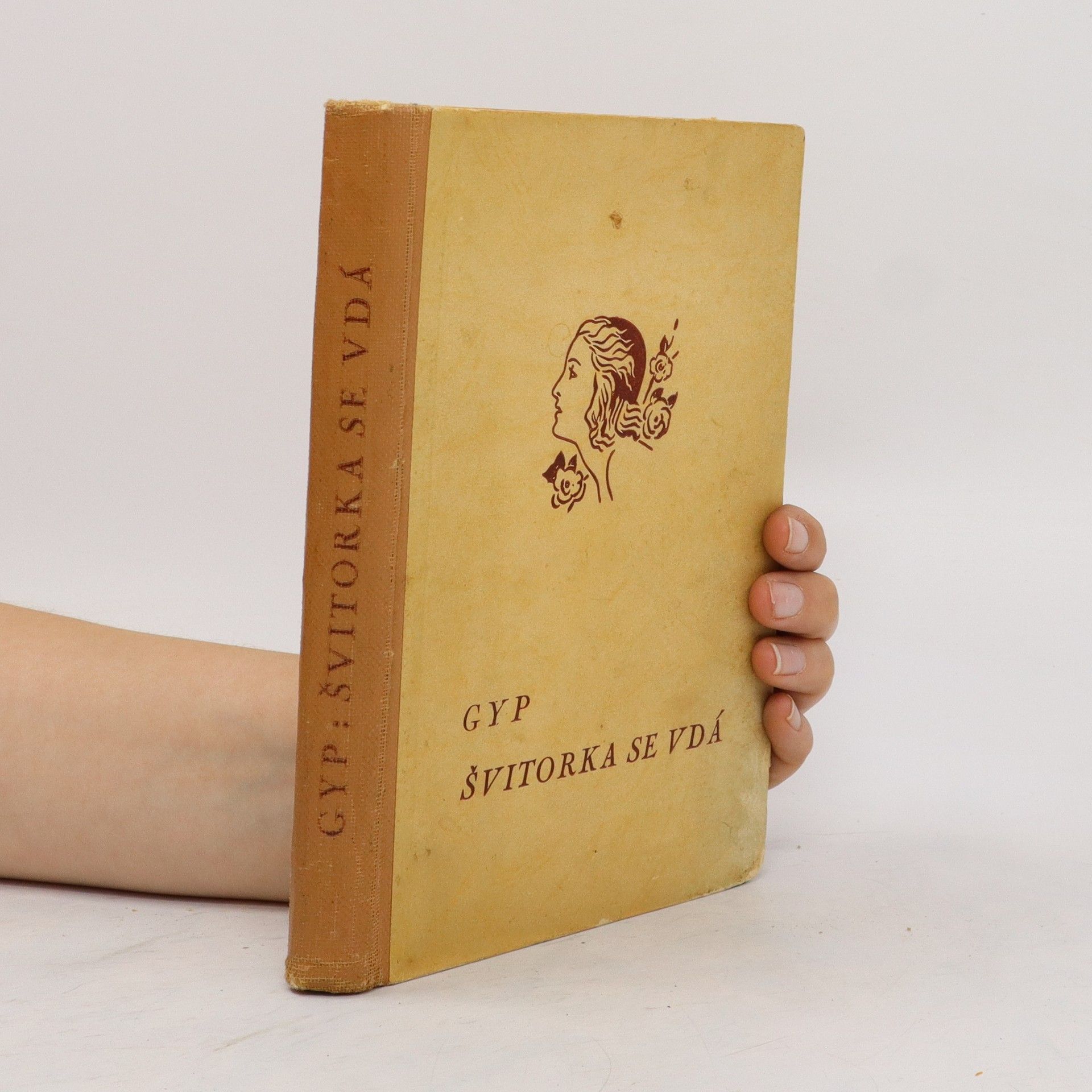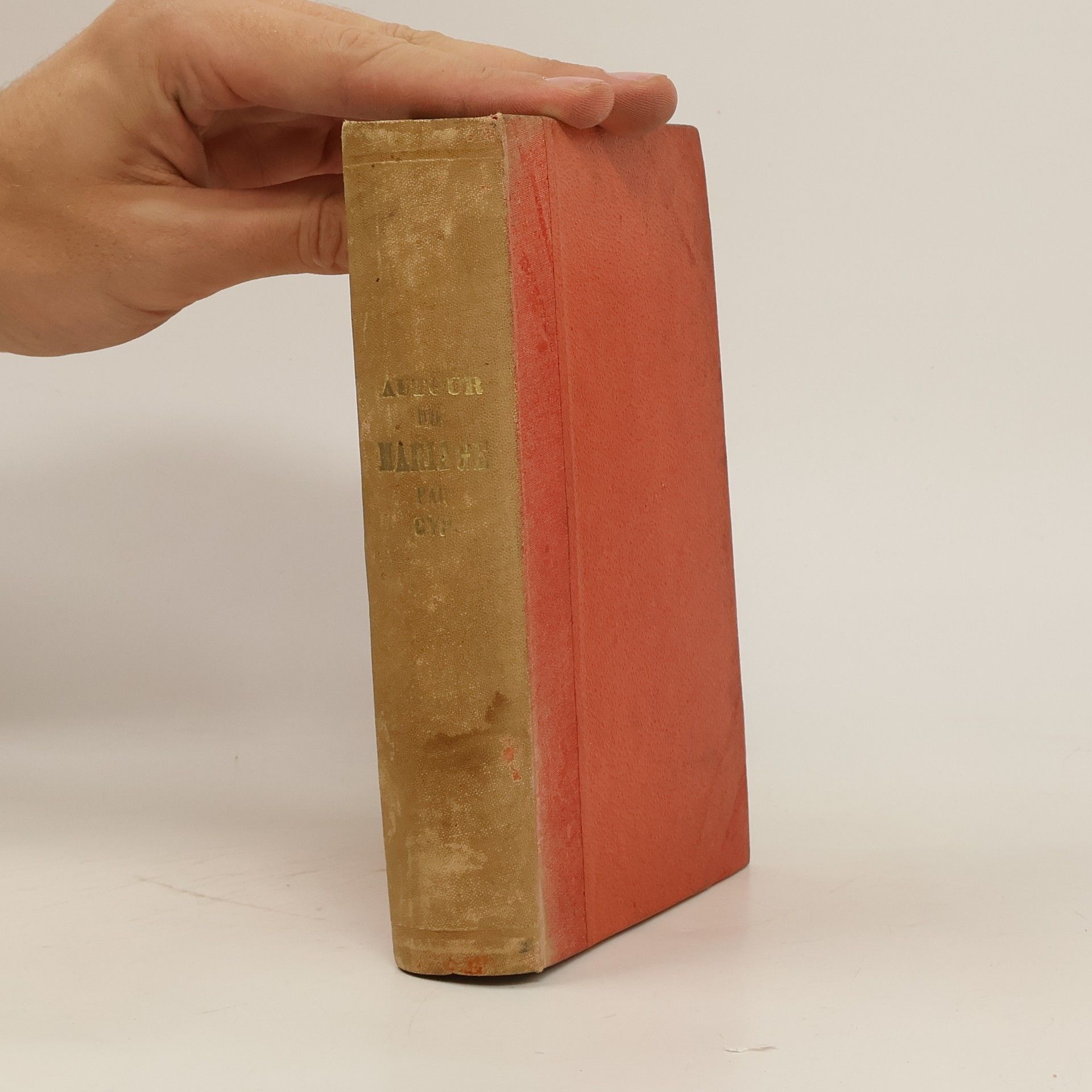Bijou
- 188 pages
- 7 hours of reading
Set against the backdrop of late 19th-century Paris, the narrative unfolds through the life of Bijou, exploring her personal struggles and societal challenges. The novel intricately portrays themes of love, passion, and social expectations, reflecting the complexities of women's lives during this era. Gyp's sharp commentary on modern life infuses the story with elements of romance, drama, and satire, providing a vivid glimpse into the cultural climate of the time while highlighting Bijou's relationships and experiences.



